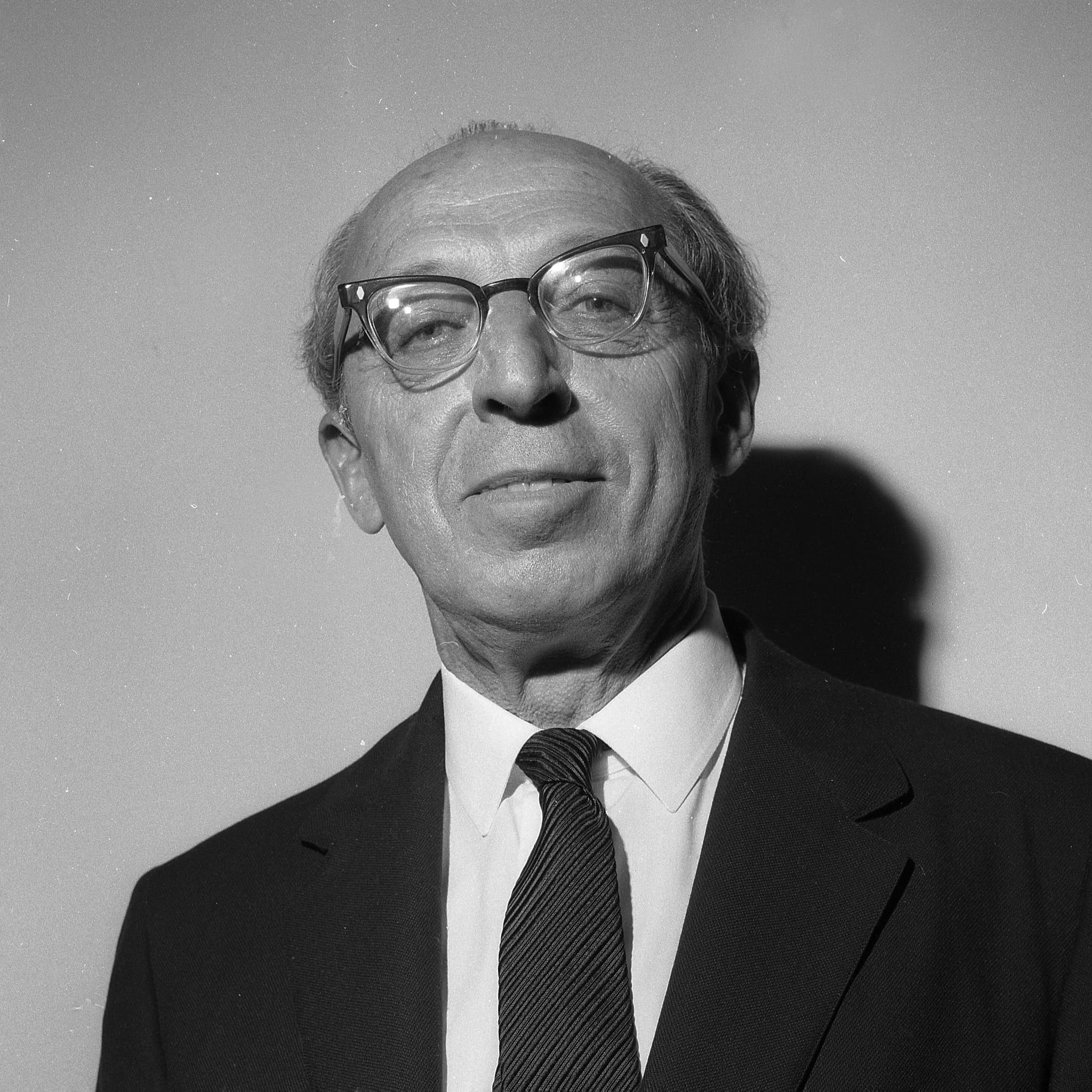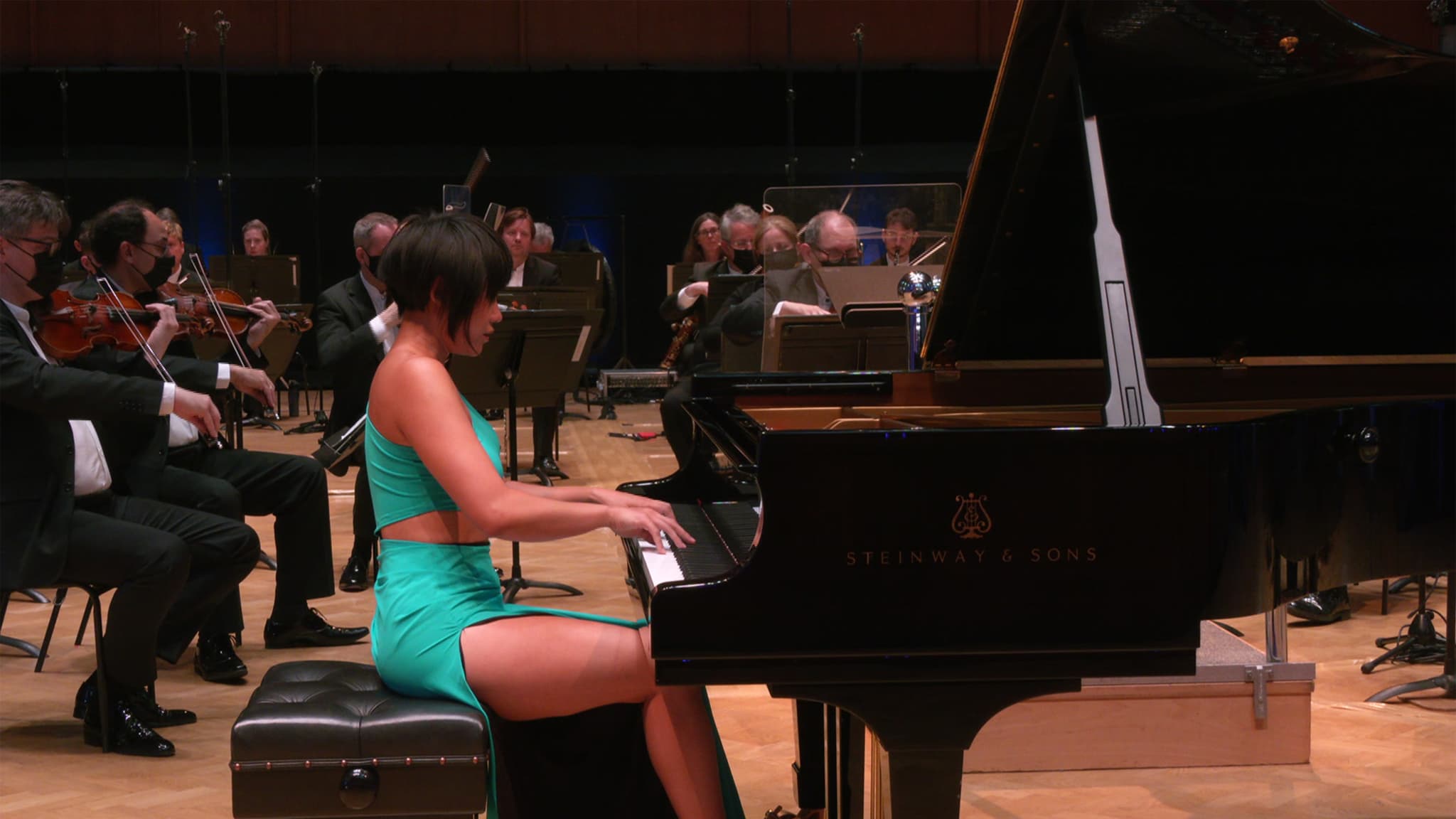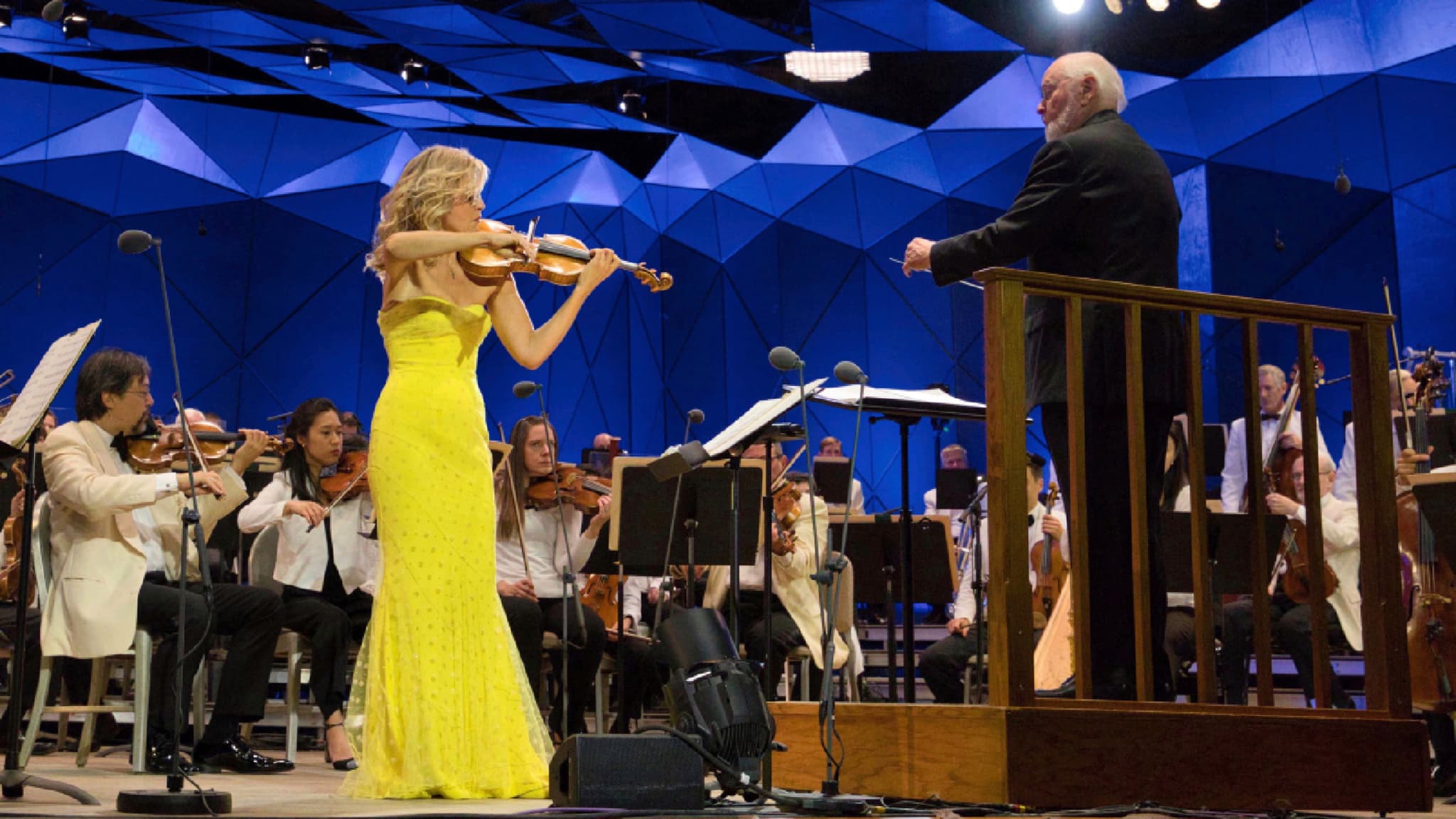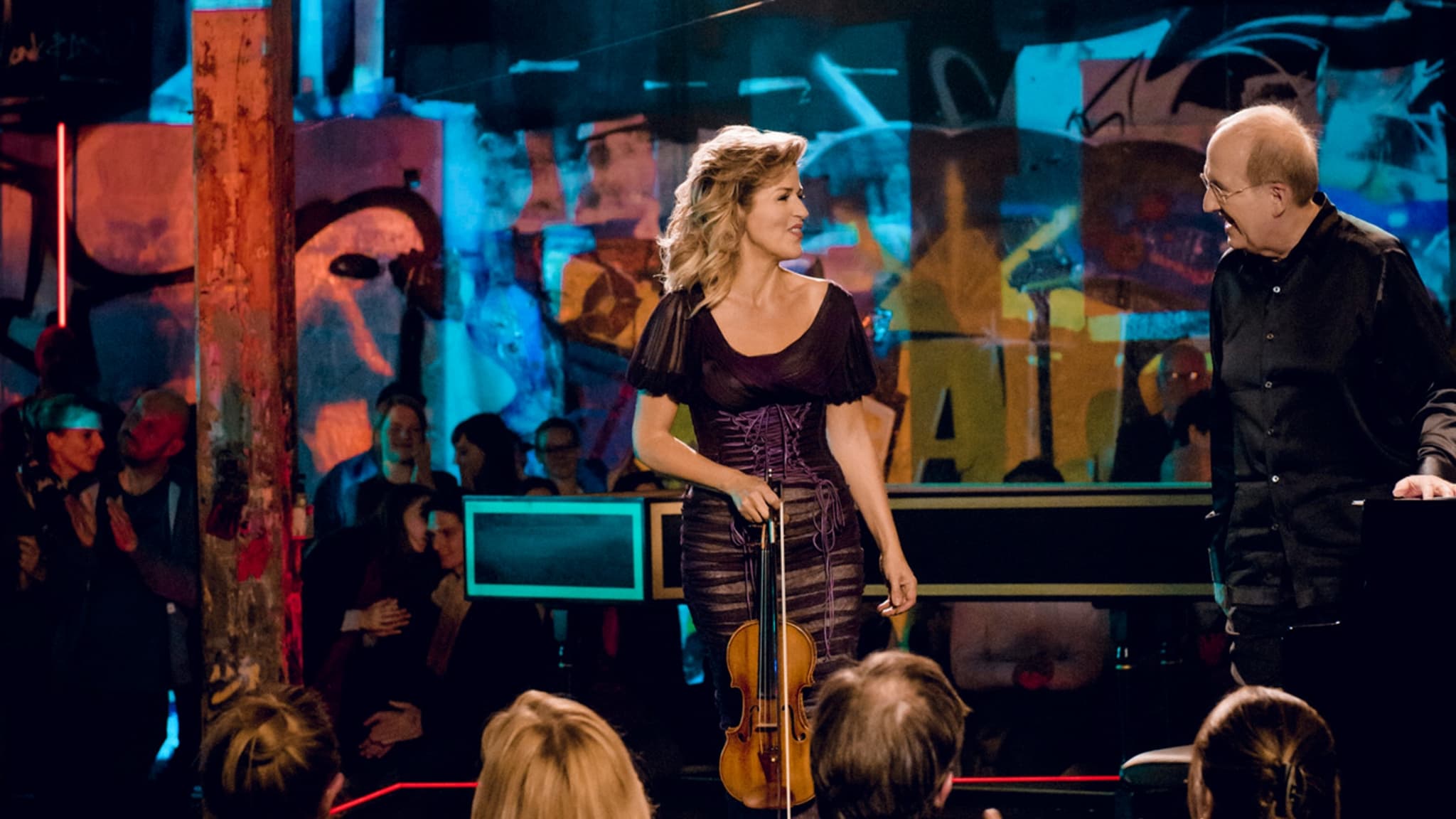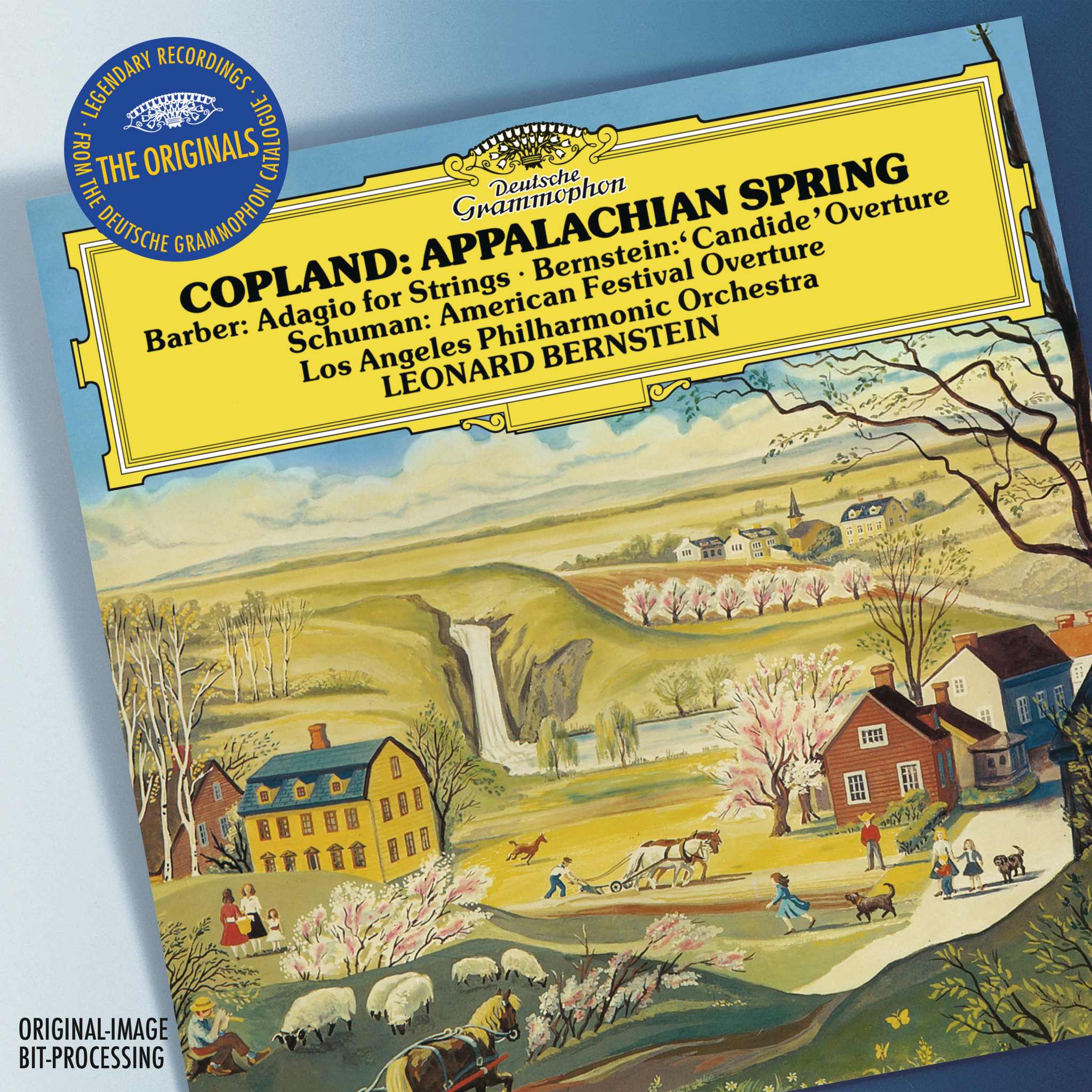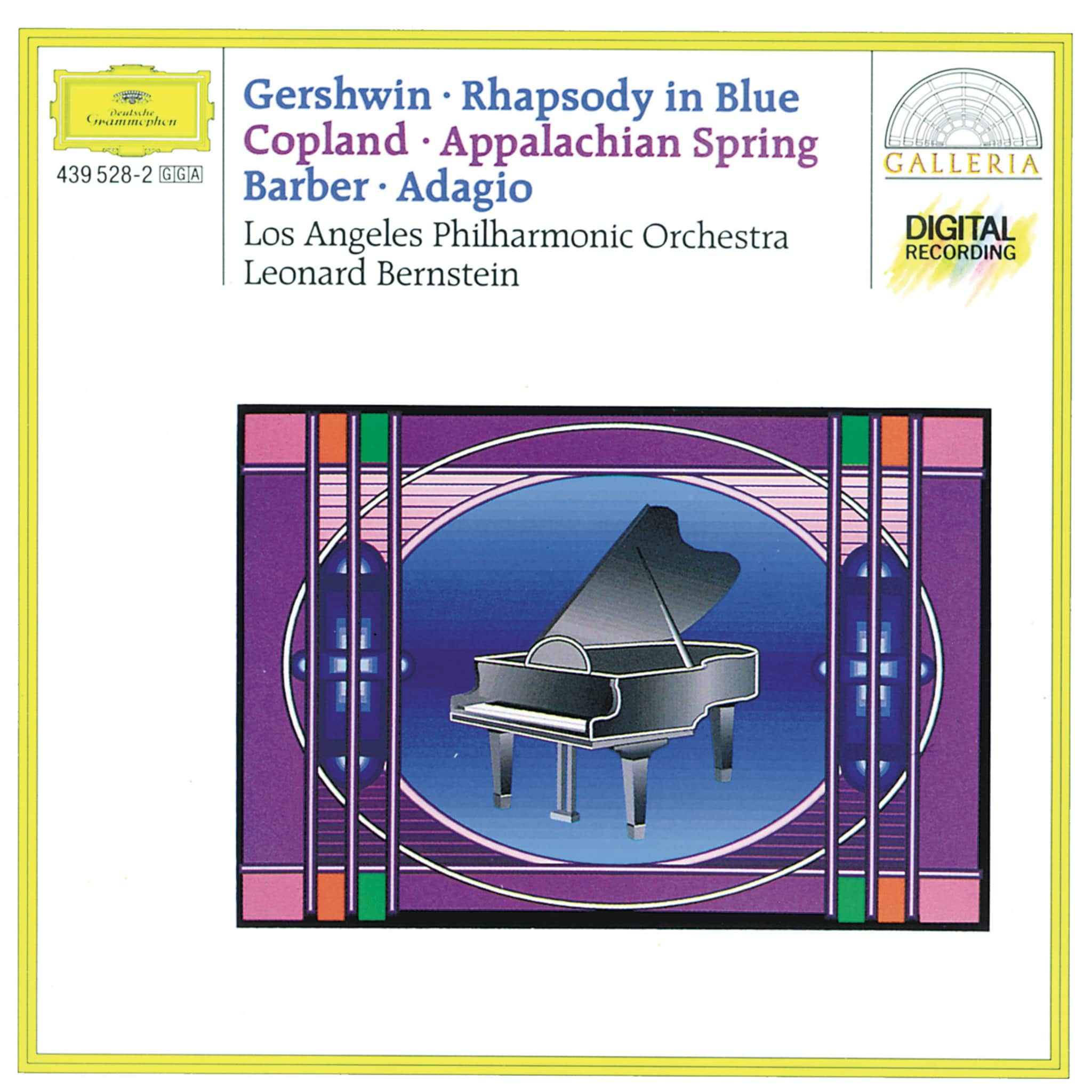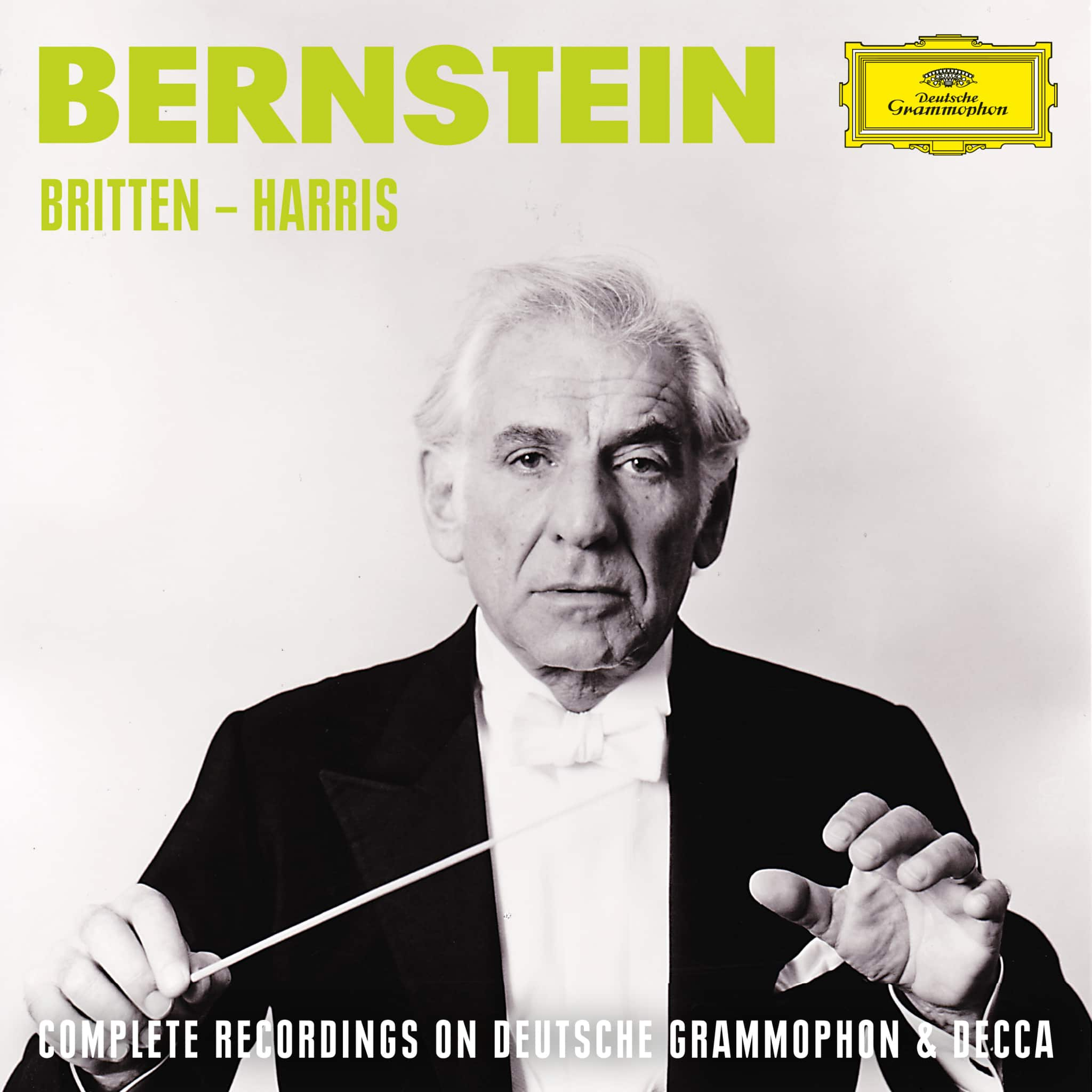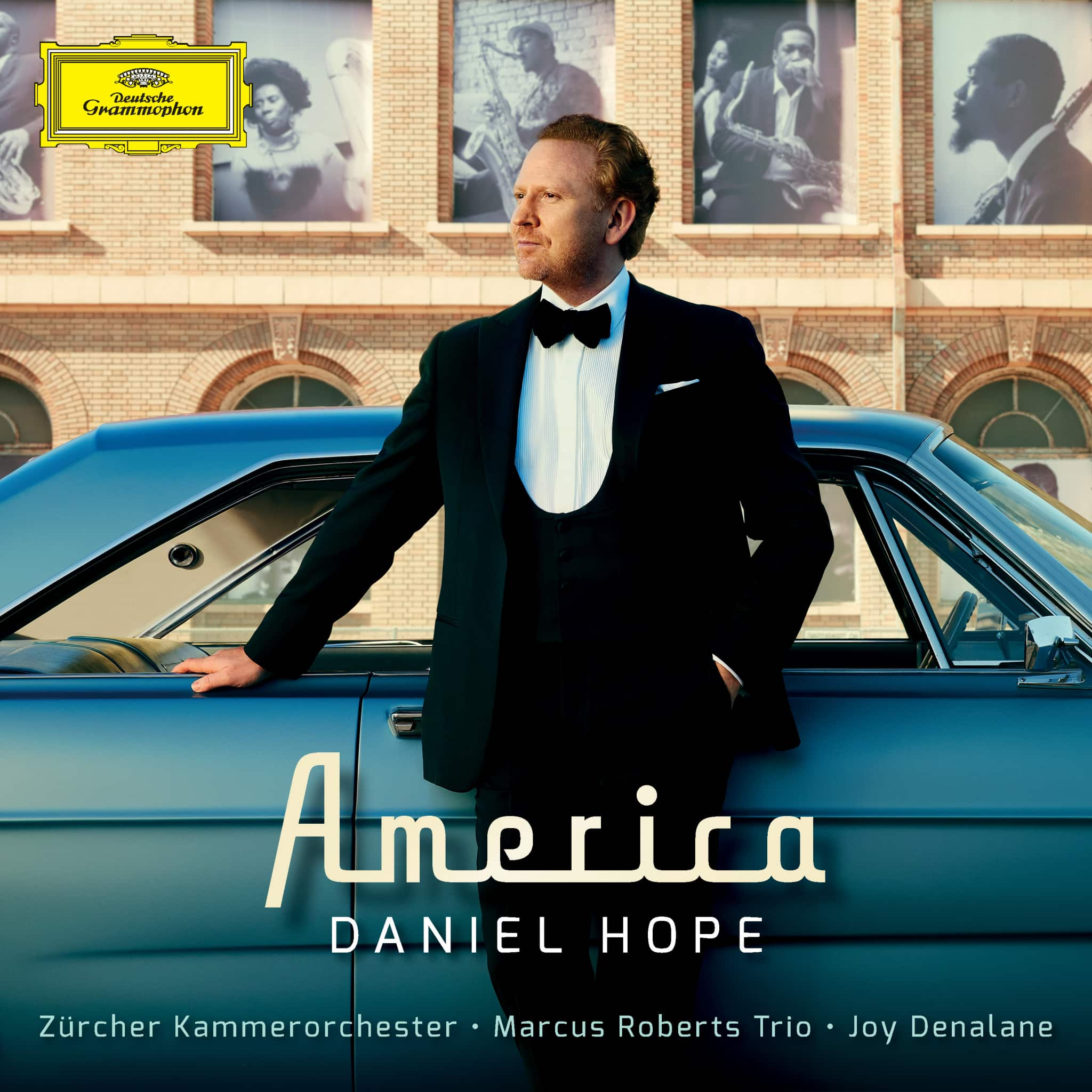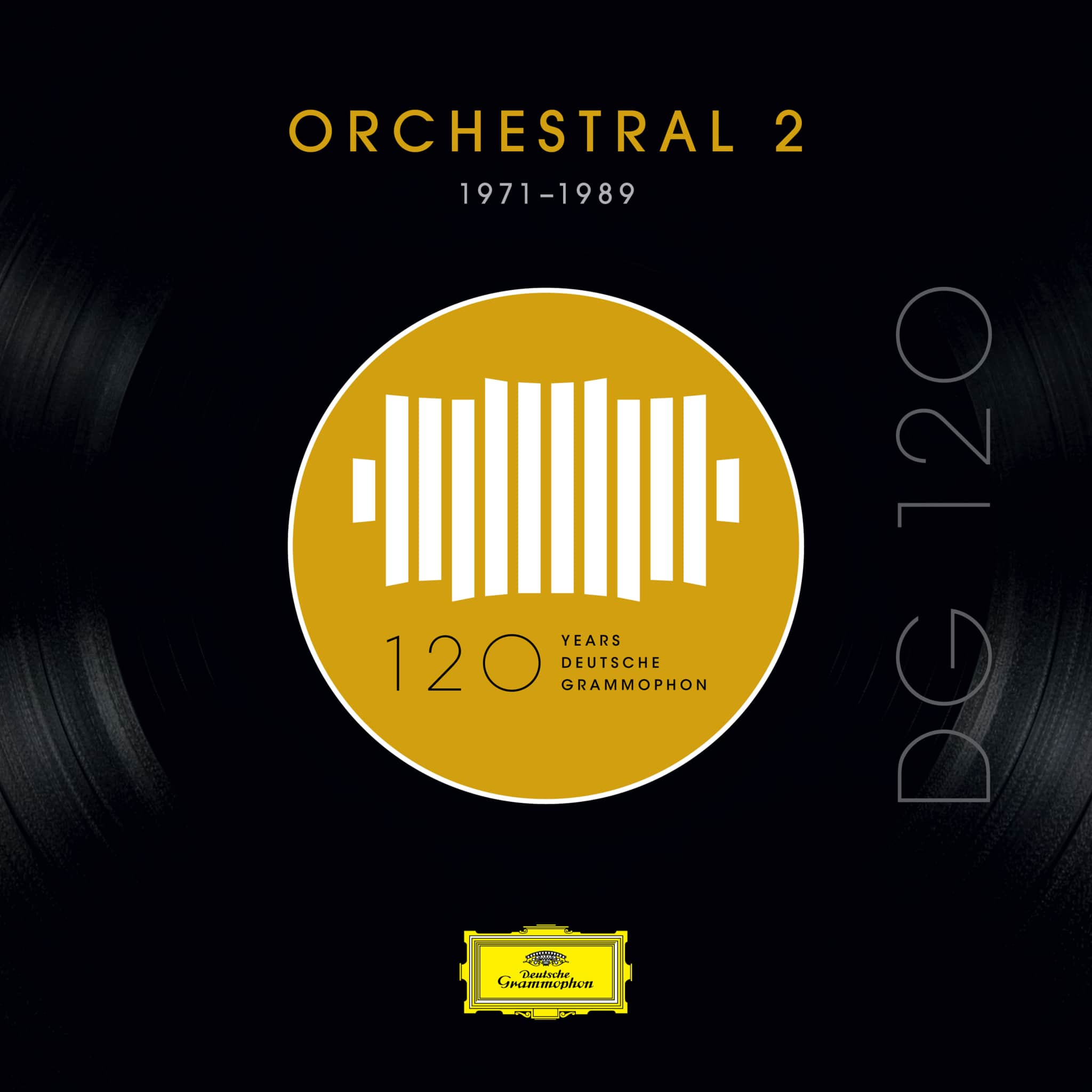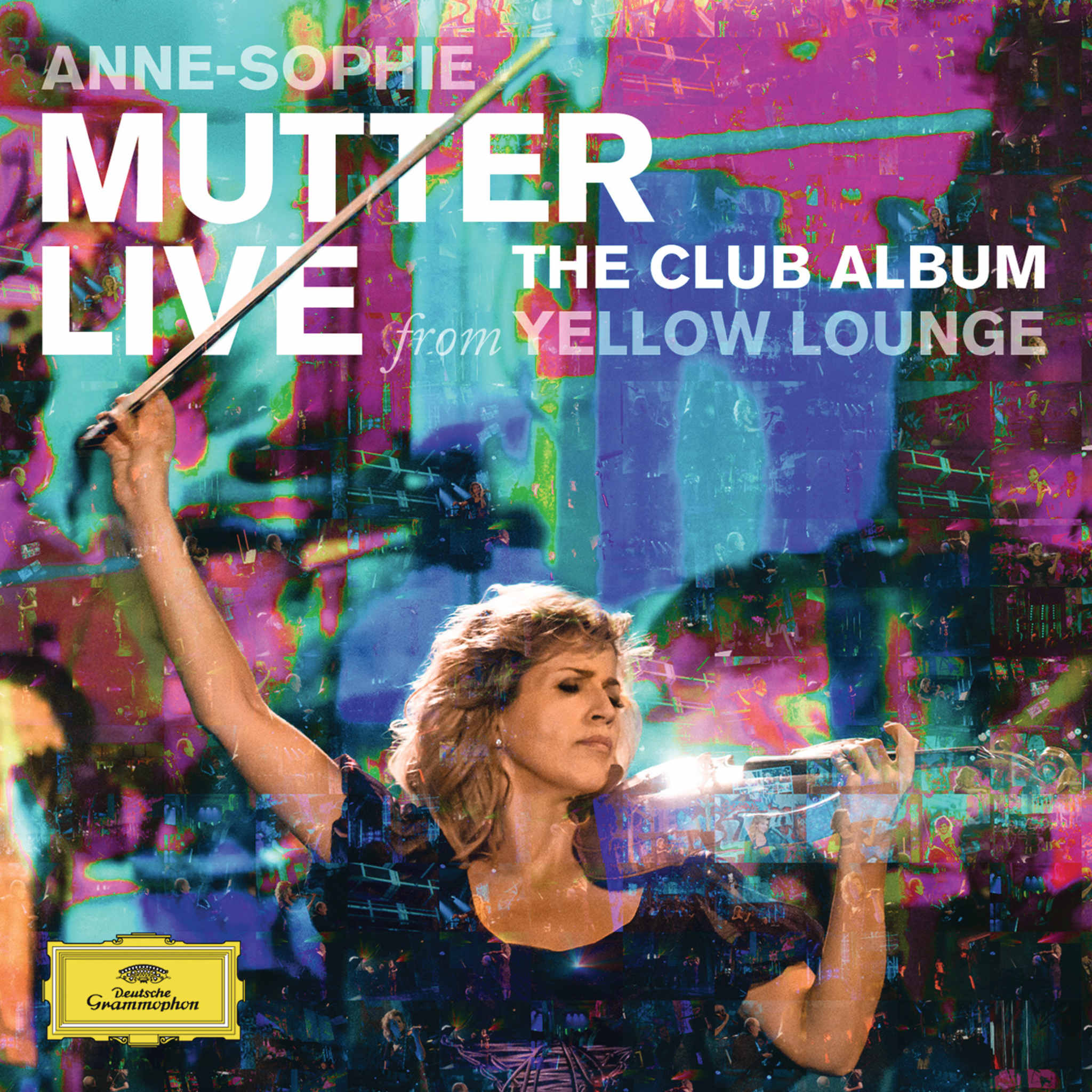The Life and Music of Aaron Copland: A Pioneering American Composer
Aaron Copland, renowned for his contributions to American music, blended modern styles with traditional American themes. Born on November 14, 1900, in Brooklyn, New York, to Russian-Jewish immigrant parents, Copland's early musical education laid the groundwork for his illustrious career as a composer.
Copland’s Unique Background and Education
Copland began his musical journey under the influence of an older sister who taught him to play the piano. He later pursued a correspondence course in harmony, marking the beginning of his compositional aspirations. In 1921, he attended the Fontainebleau School of Music, where he was mentored by Nadia Boulanger. This period significantly shaped his career and exposed him to the works of Stravinsky and the Groupe des Six.
Copland’s Intriguing Musical Journey in France
While in France, Copland's musical style was greatly influenced by his exposure to various European composers. His mentorship under Nadia Boulanger played a crucial role in his development as a composer, providing him with invaluable insights and guidance.
Return to the United States & The Dawn of a New Musical Style
Upon returning to the U.S. in 1924, Copland adopted a neoclassical style infused with jazz, American folk, and South American rhythms. His iconic ballets, such as El salón México, Billy the Kid, Rodeo, and Appalachian Spring, reflect these influences, often incorporating hymns and popular songs. From the 1930s, Copland transitioned towards a more austere style inspired by Schoenberg.
Highlights of Copland's Career and Contributions
Copland's notable works include Appalachian Spring, a ballet that captures the essence of American folk music and themes; Fanfare for the Common Man, a piece emblematic of American patriotism; and Rodeo, known for its vibrant depiction of the American West. Copland also composed film scores, including for Of Mice and Men.
Dive into the Depths of Copland’s Diverse Musical Compositions
Copland's compositions spanned diverse genres, including symphonies, chamber works, concertos, ballets, and film music. His music is celebrated for its unique blend of modern and traditional elements, making him a significant figure in American music history.
Legacy
Aaron Copland is celebrated for his role in establishing American music on the global stage. He was a prolific composer, teacher, and advocate for contemporary American music, contributing significantly across genres. His awards include a Pulitzer Prize, Kennedy Center Honors, and multiple Grammy Awards. His legacy continues to inspire musicians and composers worldwide.
